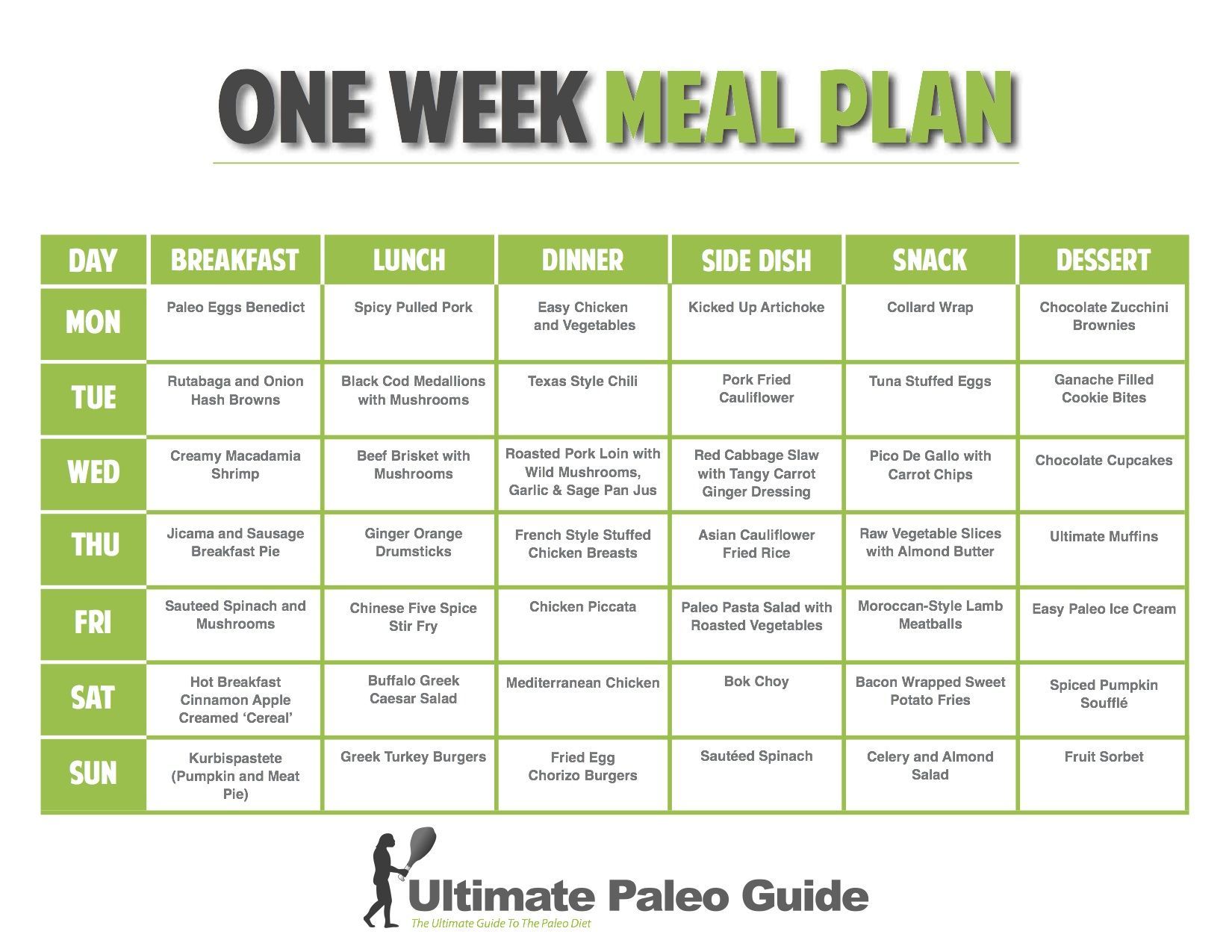
One of the key factors in weight management is maintaining a healthy diet. By creating meal plans that focus on balanced nutrition and portion control, individuals can achieve their weight management goals effectively. In this article, we will explore some tips and guidelines for creating healthy meal plans.
Understanding Caloric Needs
Before creating a meal plan, it is important to understand your individual caloric needs. This can be determined based on factors such as age, gender, weight, and activity level. By calculating your daily caloric intake requirement, you can customize your meal plans accordingly.
Incorporating Nutrient-rich Foods
To promote overall health and weight management, it is crucial to incorporate nutrient-rich foods into your meal plans. These include fruits, vegetables, whole grains, lean proteins, and healthy fats. These foods provide essential vitamins, minerals, and fiber while keeping you feeling satisfied and energized throughout the day.
Portion Control
Portion control plays a significant role in weight management. Even if you eat healthy foods, consuming excessive portions can hinder progress. By incorporating portion control techniques, such as measuring food servings or using smaller plates, you can better manage your calorie intake and prevent overeating.
Mindful Eating
Practicing mindful eating can be beneficial when it comes to weight management. By paying attention to your body’s hunger and fullness cues, you can avoid mindless snacking and unnecessary calorie intake. Take the time to savor each bite, eat slowly, and listen to your body’s signals of satisfaction.
Meal Prepping and Planning
Meal prepping and planning can save time, money, and help you stick to your healthy eating goals. Set aside time each week to plan your meals, create a shopping list, and prepare ingredients in advance. This way, you are less likely to opt for unhealthy convenience foods or succumb to impulsive food choices during busy times.
Variety and Balance
Aim for variety and balance in your meal plans. Include a mix of different food groups and rotate your meals to prevent monotony. This not only ensures you get a wide range of nutrients but also makes your meals more enjoyable. Experiment with new recipes and ingredients to keep things interesting and avoid boredom.
Hydration is Key
Don’t forget the importance of hydration in weight management. Water is essential for various bodily functions, including metabolism and digestion. Stay hydrated throughout the day by drinking plenty of water and limiting sugary beverages. Water can also help curb appetite, making it a helpful tool for weight control.
Monitoring Progress and Adjustments
Lastly, remember to track your progress and make adjustments as needed. Regularly monitor your weight, body measurements, and how you feel overall. If you are not seeing the desired results, consider consulting a healthcare professional or nutritionist who can offer personalized advice and guidance.
Conclusion
Creating healthy meal plans for weight management is a valuable tool in achieving your goals. By understanding your caloric needs, incorporating nutrient-rich foods, practicing portion control, and being mindful of your eating habits, you can make significant progress towards a healthier weight. With consistency and perseverance, these strategies can be integrated into your lifestyle, leading to long-term success.

